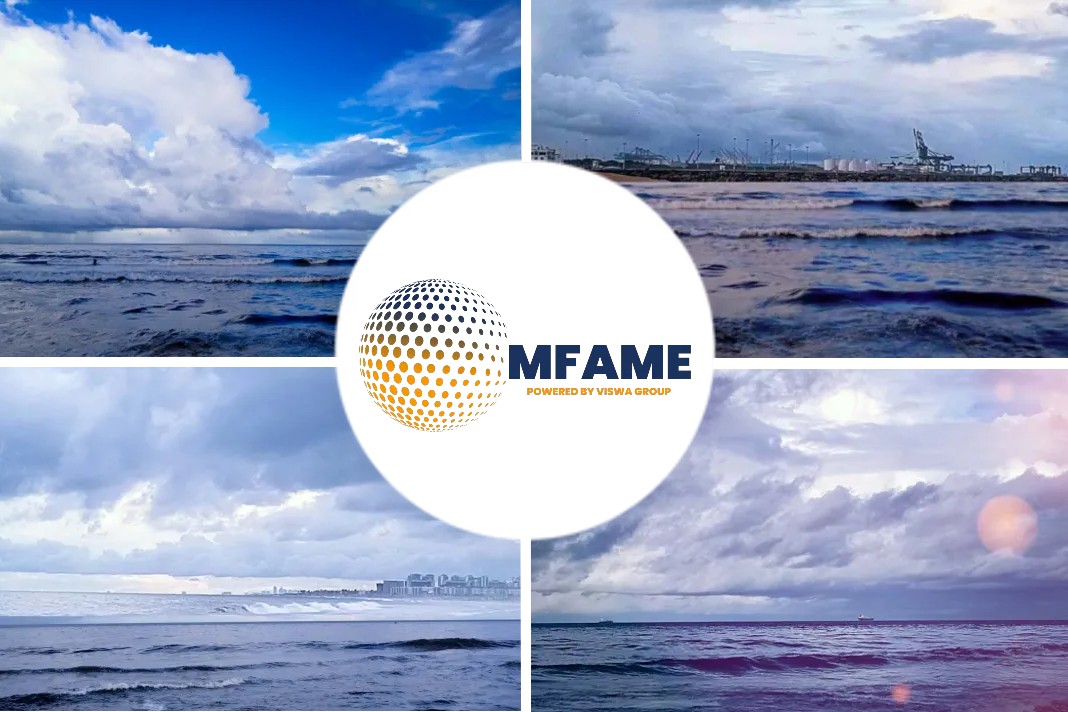
Lloyd’s Register Maritime Decarbonisation Hub analysis shows that e-ammonia could emerge as the most highly adopted maritime fuel amongst hydrogen-based fuels, whilst liquefied biomethane dominates amongst biofuels, reports sp global.
Reduce GHG emissions
In view of the maritime sector’s strengthened commitments to reduce GHG emissions to net-zero by 2050, the Lloyd’s Register (LR) Maritime Decarbonisation Hub’s “The Future of Maritime Fuels” report presents a review of a wide range of fuel mix projections and has identified two alternative paths that will steer shipping’s course – hydrogen-based fuels scenarios and biofuels scenarios. The report analyses the dynamics of the energy supply system within these scenarios, accounting for the expected supply as well as demands from other sectors for these fuels.
E-ammonia
In the hydrogen-based fuels scenario, e-ammonia is projected to emerge as the most highly adopted maritime fuel in the long-term, with an average share of 35% of the shipping fuels market by 2050.
The report also finds that methanol is projected to have a lower market share of the shipping fuels market than ammonia and bio-methane, which runs counter to the current trend of ordering dual-fuel methanol vessels in today’s shipping market.
Carlo Raucci, Decarbonisation Consultant, LR Maritime Decarbonisation Hub, commented: “Our scrutiny of fuel mix projections shows that investors and shipowners will face the dilemma of choosing from different alternative fuel pathways. It is uncertain if one category of fuel will dominate the maritime fuel mix in the short and long-term, and investors face risks, such as stranded assets, which have limited the investment readiness level of low to zero-carbon fuels. Therefore, first movers’ initiatives such as green shipping corridors, will be pivotal in reducing the uncertainty by scoping out multi-sector fuel supply projections that could potentially help to aggregate demand and lower risks.”
Charles Haskell, Director, LR Maritime Decarbonisation Hub, said: “For meaningful progress, stakeholders across the maritime supply chain need to take on leadership in shaping alternative multi-fuel strategies and catalyse investment cases through strategic partnerships and collaborations. The uncertain dominance of a single fuel category underscores the importance of exploring the potential future interaction of the shipping industry with the broader energy demand system.”
Following the analysis of different fuel mix projections, the report identifies avenues for further exploration, such as deeper examination of fuel supply dynamics and their integration with existing fleet models, as well as cross-sector collaboration to enrich the industry’s understanding of shipping’s multifaceted fuel transition as it navigates towards greener horizons.
Did you subscribe to our daily newsletter?
It’s Free! Click here to Subscribe
Source : lr. Org

















